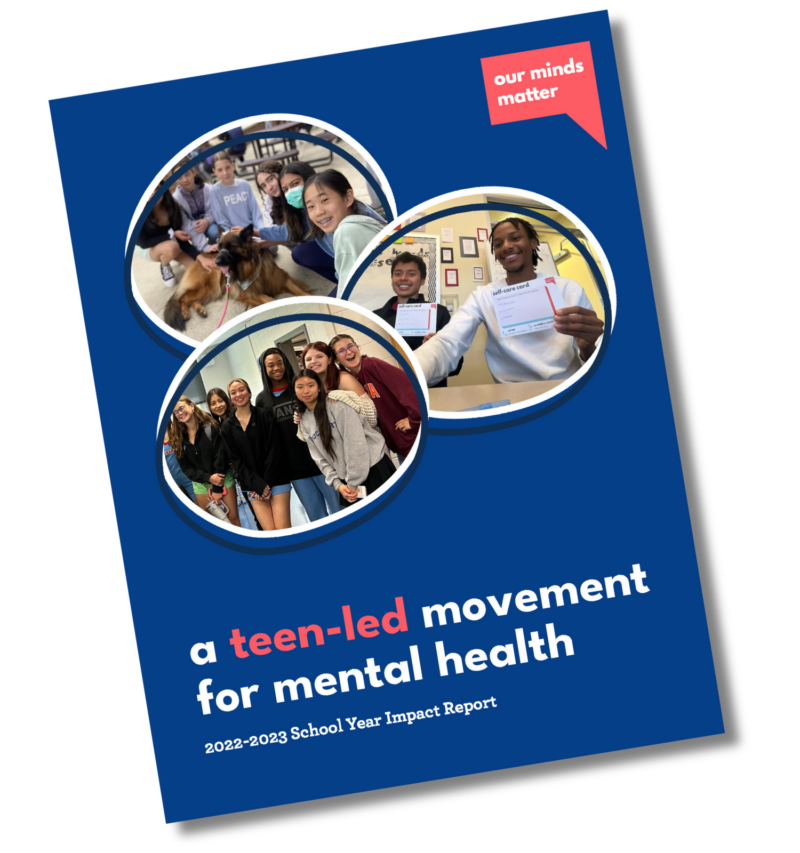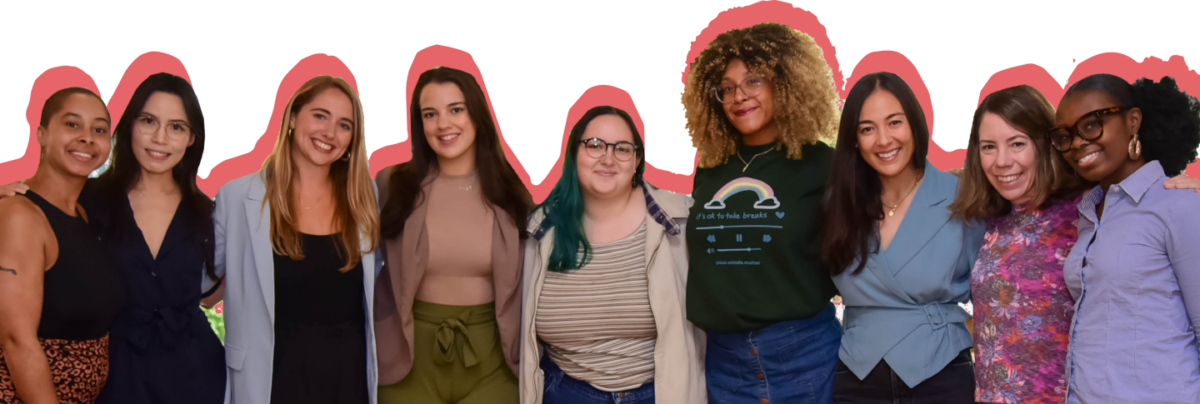OUR MINDS MATTER 2022-2023 IMPACT REPORT
a teen-led movement for mental health
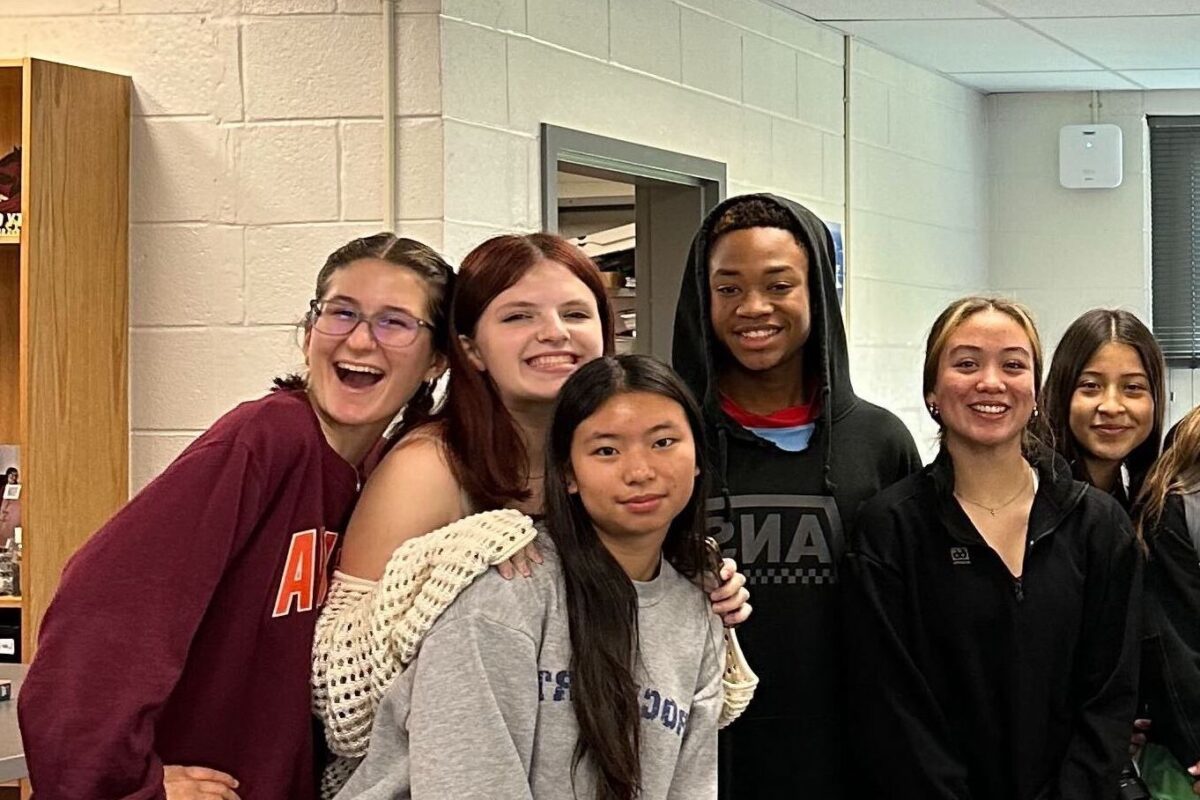
—High school club member“it saved my life.”
our minds matter is working toward the day when no teen dies by suicide.
Guided by research and led by teens, OMM clubs create safe, brave spaces where young people transform their school’s culture for better mental wellbeing.
In 2022-23, we reached more teens, in more schools, than ever before. This report includes exciting updates about the growth of our programs and record engagement metrics. But more than growth, we are focused on impact. Every year deepens our understanding of the OMM “ripple effect,” how clubs support the mental health of not just participants, but the entire school community.
We celebrated our 10 year anniversary last year. Ever since, I have been so grateful to the dedicated community that drives our continued success: School staff and teachers who sponsor clubs, and our partners at the district level. Our staff, the most thoughtful, positive, and tireless team I could hope for. The donors who share our vision. Most importantly, the teens who are creating new paradigms for mental health in their schools — and in the world.
Thank you for being part of this community!
our big wins
130+ school clubs nationwide
Our work is concentrated in the DC metro area, with clubs in 70% of public schools in Washington, DC, Montgomery County MD, and Fairfax County VA.
Our new middle school program has rapidly expanded into 30 schools
We’re working with students in schools that serve majority low-income students; about 35% of club members qualify for free and reduced meals.
We are providing tailored, culturally-responsive resources for teens of diverse backgrounds, including (but not limited to) LGBTQ+ and BIPOC students.
With a club retention rate of approximately 90%, we are deepening our impact year-over-year as clubs become an integral part of school culture.
—High school teen leader“i’ve learned how to cope with bad days and how to speak up about how i feel. i never used to be able to understand my feelings because growing up i was taught that boys should ignore their feelings. that mindset changed when i became a part of our minds matter.”
new & noteworthy

lauren anderson named “washingtonian of the year”
Each year, the iconic Washingtonian magazine chooses 10 locals who “make our region a better place.” In the January 2023 issue, we were ecstatically proud to see Lauren Anderson, our Executive Director, as a “Washingtonian of the Year.” — alongside luminaries like journalist Bob Woodward, Nationals pitcher Sean Doolittle, and nonprofit leader Ian Callender.
“If we can get a solid group of students that are advocates and change-makers and provide them with the platform, resources, and training they need, that can be really powerful.”
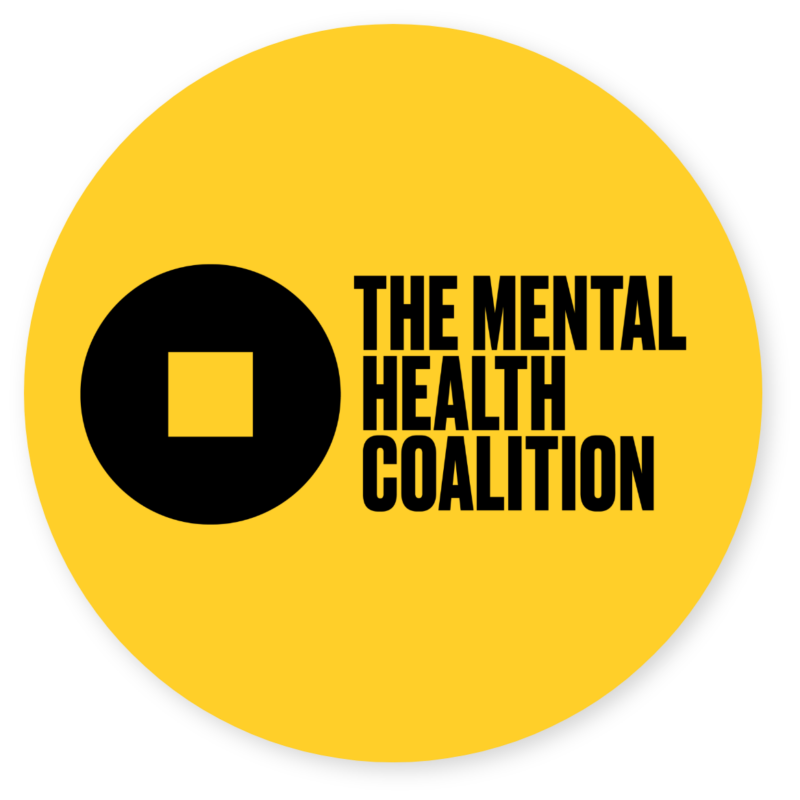
we joined the mental health coalition
Moving the needle on mental health is a nationwide effort, and we are proud to work shoulder-to-shoulder with other innovative, influential organizations. That’s why we are honored to announce that we have joined the Mental Health Coalition, which includes the most passionate and influential organizations, brands, and individuals working to end the stigma surrounding mental health — including The Trevor Project, the Child Mind Institute, Crisis Text Line, Black Girls Smile, the National Alliance for Eating Disorders, and many more.
we “moved” with mtv
In May, we partnered with MTV Entertainment Studios on a multi-school campaign celebrating Mental Health Action Day, encouraging teens to “Move with Music” — in order to move our mental health culture from awareness to action.
34 schools participated representing 10 states, as well as 24 community centers and other out-of-school programs. At each participating school, teen leaders kicked off a school-wide pause in the day with an announcement and a selection of music, like Beyonce’s “Break My Soul.” For the 5-10 minute pause, students, faculty, and staff embraced movement and music as a way to relieve stress and connect with each other.
Read more and watch the video here!
—Affirmation offered at "Move with Music" announcement“i can make a difference in my community by supporting my mental health and that of others.”
omm clubs are:
teen-led
Based on prevention research that shows the power of peer-to-peer influence.
easy and seamless
For students and school sponsors to set up, run, and sustain.
evidence-informed
Using an “upstream” suicide prevention model that connects teens with resources before mental health struggles become crises.
in omm clubs, teens build skills and habits in four areas empirically proven to enhance mental health and reduce suicide risk:
social connectedness
81.5% feel socially connected to other club members.
help-seeking behavior
85.8% are willing to seek help if struggling with mental health.
prosocial skills
86.7% feel confident in supporting a peer who is struggling.
healthy habits
81.5% practice self care and healthy habits to improve wellbeing.
these protective factors are at the heart of how we evaluate our impact.
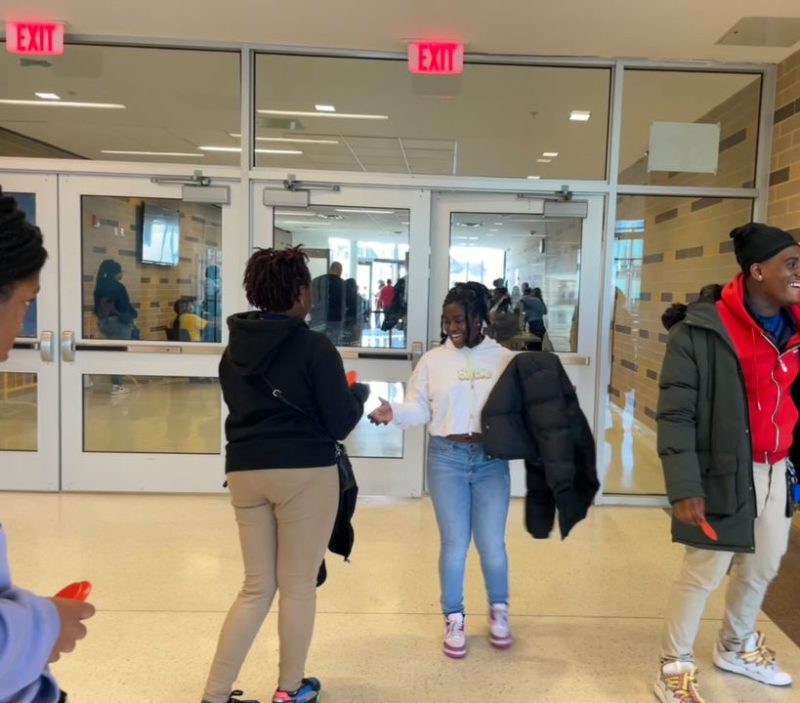
spreading love in washington, dc
At Ballou High School, students in the Knights Minds Matter club realized that Valentine’s Day could bring up feelings of loneliness and isolation. So they passed out handmade valentines to students and staff — creating small moments of community and joy in shared spaces. This activity also connects strongly to our program outcome of social connectedness, a vital component of mental wellness.
49,495 teens served
A typical OMM club is led by 3-5 engaged student leaders, who host weekly or bi-weekly meetings, overseen by at least one adult school sponsor. Clubs have a consistent membership of about five to as many as 40 teens. In the 2022-23 school year, 2,315 teens joined OMM clubs, and their campaigns and events reached a total of 49,495 teens.
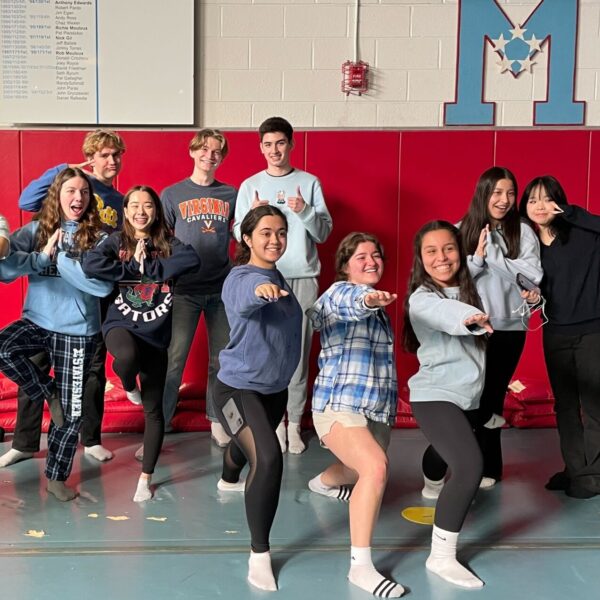
high school clubs
Our flagship high school model has grown to 120 schools. Teen leaders organize events — like “Therapy Dog Thursday,” “Cookie with a Counselor,” and “Celebrate Your Genes (and Jeans)” — that offer social connection and stress relief while reducing mental health stigma.
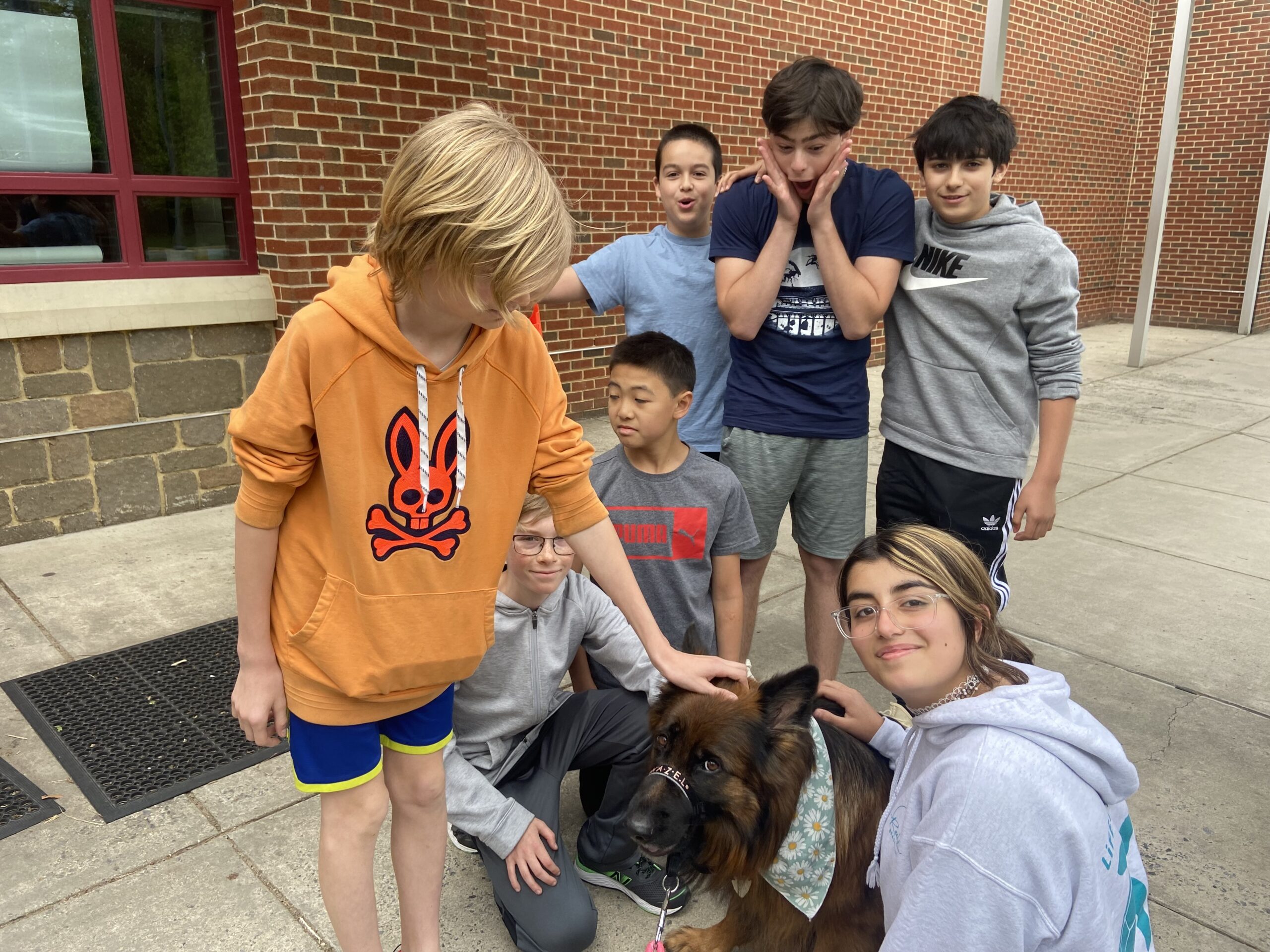
middle school clubs
With an urgent crisis of rising suicide rates among youth ages 10-14, we responded by adapting our club model for younger students. Piloted in 2021-22, our middle school program has taken off, growing to 30 clubs last year, with plans to expand the program more than 50% in the coming year.
—Frost Middle School club sponsor“thank you for all of your endless support! our middle school truly enjoys being involved with such an important and amazing organization. we look forward to many more years of partnership with you.”
club demographics
race/ethnicity
- White - 32.1%%
- Asian - 19.1%%
- Black - 25.1%%
- LatinX/Hispanic - 16.8%%
- Multiracial - 5.1%%
- Other - 1.7%%
grade level
- 12th - 32.8%%
- 11th - 27.1%%
- 10th - 14.7%%
- 9th - 14.5%%
- 8th - 4.3%%
- 7th - 2.9%%
- 6th - 3.7%%
sexual orientation
- Straight - 63.3%%
- LGBTQ+ - 36.7%%
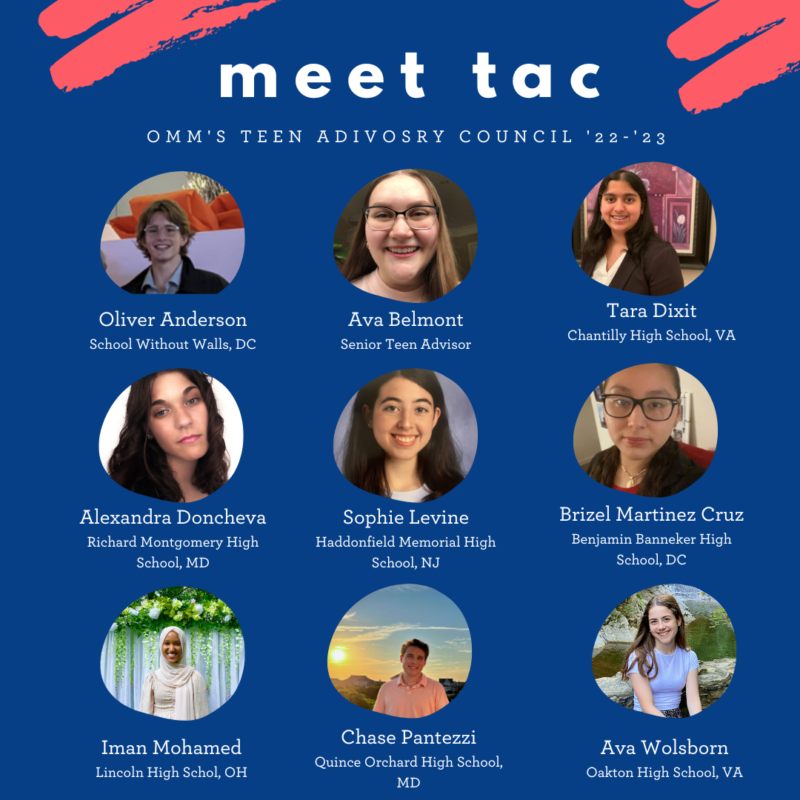
teen advisory council
As part of our commitment to teen leadership, our Teen Advisory Council offers a paid opportunity for eight student leaders from the OMM network to grow professionally while making their mark on the future of teen mental health. Students selected for the Council through an application process provide input on OMM’s goals, program, and communication strategies.
—2022-23 TAC Member“i have learned how to set boundaries, lead vulnerable conversations, and find solace in gratitude. i have loved every second of the time i have devoted to learning and educating others about mental health.”
our model of support
While there are many “off-the-shelf” models for teen programming, OMM offers a uniquely hands-on approach for the clubs in our network.
our 90% club retention rate is thanks to:
We have robust relationships with the public school districts in Washington, DC, Montgomery County, MD, and Fairfax County, VA. Through regular district partner meetings, we collaborate and integrate our work to support district mental health initiatives and connect clubs to more resources.
We provide clubs with a wide range of tangible help, including stipends to run events and campaigns, swag to raise awareness, a library of activities and curricula, and food for club meetings (about 35% of club members qualify for free and reduced school meal programs).
Our program team keeps in regular touch with clubs, including site visits to lead special activities. We also track meetings, attendance, and other key metrics so we can step in with support if a club is in danger of falling through the cracks. Teens and staff are busy, so we make clubs easy to set up, run, and sustain.
“Thank you so much for your support!”
“We love the program.”
“We love OMM! Thank you for letting us be a part of this movement!”
“Excited for the new leaders to take a bigger role next year.”
“OUR MINDS MATTER ON TOP 🔥🔥🔥🔥💯💯💯💗💗💗💗”
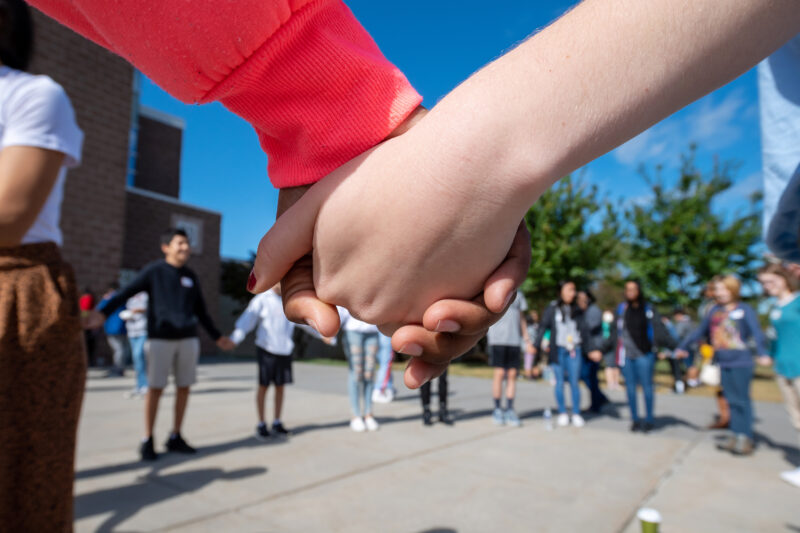
hands-on support in times of tragedy
Last year, a high school in the OMM network was shaken by two suicide losses during a difficult time of transition among school leadership. When the club sponsor reached out to OMM, we came through with advice on supporting a grieving community. We helped the club design and implement a crafting event for mindfulness, offering healing space for the school community, and we provided grief resources for club members to share.
We focus on prevention, but we know postvention is vital, too. Through our close collaborations with school districts and staff, we are able to provide these kinds of in-the-moment resources, so that OMM clubs can promote healing for those bereaved by suicide and reduce risk to other vulnerable individuals.
our data-driven approach to measuring outcomes
every year, we refine our data collection methods and improve how we evaluate program outcomes.
In 22-23, through a survey of 200+ students from high school clubs, diverse in grade level, gender, race/ethnicity, and sexual orientation, we found a majority of members reporting high social connectedness with their peers — one of the key factors for preventing suicidal ideation.
we also found the number of meetings teens attended predicted their level of social connectedness — which, in turn, led to higher scores on other mental health markers:

this finding helps illustrate the mechanism behind the omm program theory of change.
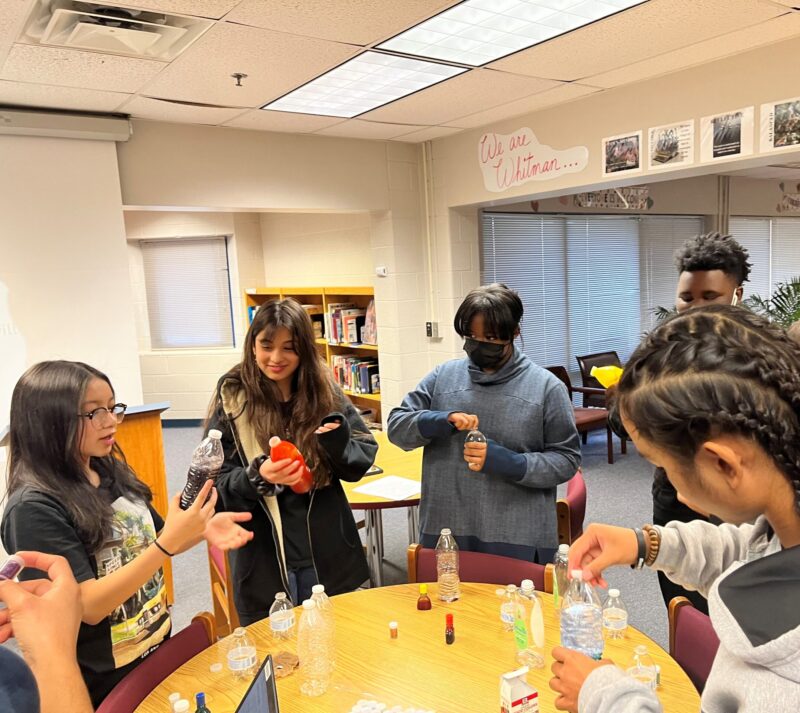
new research into the “ripple effect”
Since 2021, we have partnered with University of Missouri teen development specialist Dr. Jordan Booker to research the use of peer-supported models in youth suicide prevention programming. In the coming year, we are expanding this research to measure the mental and social health outcomes among students at OMM schools compared with other schools in the same district. This study with rigorous research design will help us better understand how the presence of OMM clubs helps change school cultures around mental health to improve mental wellbeing for all. And it will contribute to the body of evidence supporting upstream, school-based peer support models for youth suicide prevention.
You can read Dr. Booker’s study on the 22-23 high school program here, and the 22-23 middle school program here.
thank you for being part of our community of support!
institutional funders
- Devon C. Rubenstein Foundation
- County of Fairfax, Virginia
- Gerald E. Anderson and Mary E. Anderson Charitable Foundation
- Born This Way Foundation
- Hollister Confidence Fund
- Hattie M. Strong Foundation
- Healthcare Initiative Foundation
- if: A Foundation for Radical Possibility
- Joseph E. and Marjorie B. Jones Foundation
- Kettering Family Foundation
- Risa Fund
- Amazon AWS
- CareFirst BlueCross BlueShield
- Clark-Winchcole Foundation
- Garchik Family Foundation
- MTV Entertainment
- Rhodes Foundation
- Shift LLC
- W. Russell and Norma Ramsey Foundation Inc.
- Ananda Charitable Fund
- Embark Behavioral Health
- McLean Community Foundation
- Van Metre Companies Foundation
- Amazon Managed Services (AMS)
- Cafferty Commercial Real Estate
- Cox Charities
- Garchik Consulting Solutions, LLC
- Kathy & Tom Raffa / RAFFA-Marcum's Nonprofit & Social Sector
- Ops Boss Coaching
- Reach Education Inc.
- Rockville United Church
- Rogers Behavioral Health
- The Belt Team
- The Ross Center for Anxiety & Related Disorders
- Washington Find Properties - HRL Partners
individual donors
- Anonymous
- Lila McCain & Peter Beaman
- Jonathan Faubell
- David Parker & Althea Lee
- Tim & Sue Anderson
- Todd Anderson
- Jill & John DePaola
- Todd & Michelle Kingsley
- Gerald Kovacs
- Steve Lee & Ona Wang
- Judith Mazo
- Derek Blain
- Andrew Davis
- Douglas Forrester
- Rachel & Todd Kros
- Len & Luann Levitt
- David McAnulty
- Monica Roncskevitz
- Timothy & Elizabeth Royston
- Mr. Lance Matthiesen & Ms. Tracey Griffin
- Carol Belmont
- Jim & Donna Blough
- Mike & Michele Bradshaw
- Ronald Cathell
- The McClure Family
- Aras Jizan
- Deborah & Jeffrey Kaliel
- Deborah Kimmel
- Paul & Sandy Lee
- Jennifer Leyton-Armakan
- Jon & Lauren Mahaffey
- Bob Nelson
- Estee Portnoy
- Sharon K. Kemmerer & Elizabeth J. Halsey
- Dana & Denise Ainge
- Nancy Altman
- Larry Barnett
- Jim Bullion
- Kristin Carothers
- Lee Cronin
- Jay & Lisa Donegan
- Eric Gleason
- Sophie Hruza
- Michael Isman
- Barry Kraushaar
- Puja Matta
- Miguel Mitchell
- Roger Nastou
- Jessica Nichols
- Susan Nordeen
- Robert Olcott III
- Kim Palumbo
- Whitney Parnell
- Louise Parsley
- Stephen Pelliccia
- Laura Przypyszny
- Nancy Robertson
- Bob Rosecrans
- Nahid Sabti
- Hugh Scandrett
- Melissa & Jeff Sporn
- Steve Stuban
- Sonia Surakov
- Beth Werfel
our partners
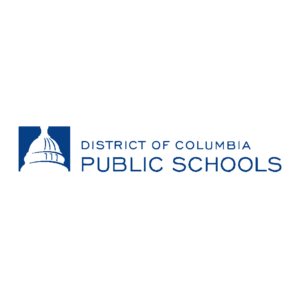

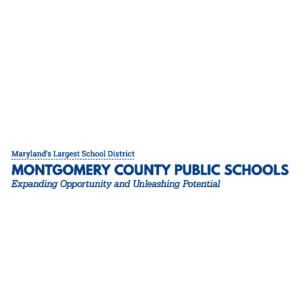
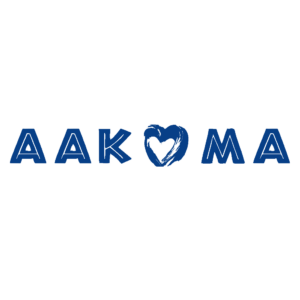
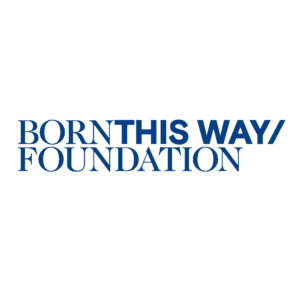
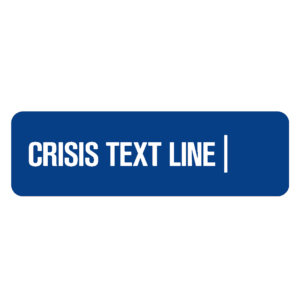
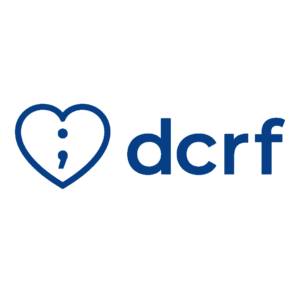
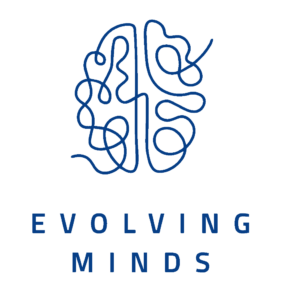
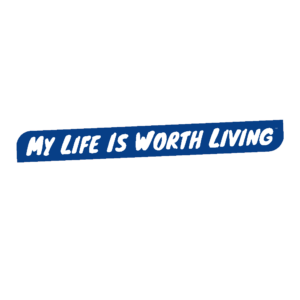
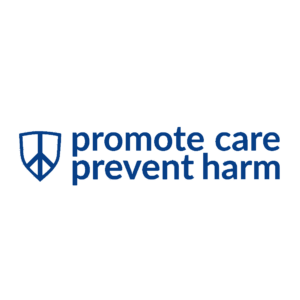


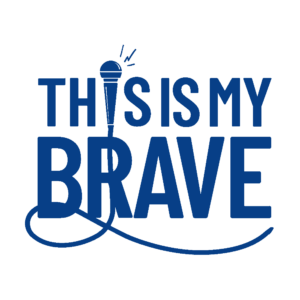

 Lauren Anderson
Lauren Anderson